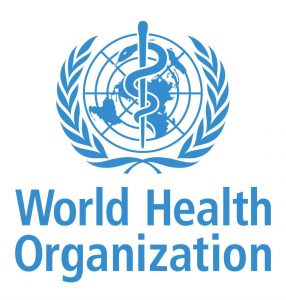Compassion And Primary Health Care : WHO Report

The World Health Organization (WHO) released a report titled “Compassion and primaryhealth care(PHC)” highlights compassion as key to improving PHC and addressing rising mental health challenges through patient-centered, dignified care.
- Compassion in PHC is the recognition of human suffering coupled with the motivation and action to alleviate it within the context of essential health services.
- It is not just a moral value but a practical driver that enhances the quality, accessibility, and equity of care.
- Compassion differs from sympathy and empathy. Sympathy is passive and pity-driven, while empathy can cause emotional fatigue.
- In contrast, compassion combines emotional connection with thoughtful action, making it a more sustainable and effective approach in health care.
- The lifetime prevalence of mental disorders in India is 13.7%, and 15% of India’s adult population experiences mental health issues.
- WHO estimates that the burden of mental health problems in India is 2443 disability-adjusted life years (DALYs) per 10000 population.
- The economic loss due to mental health conditions, between 2012-2030, is estimated at USD 1.03 trillion.
- In India 70% to 92% of people with mental disorders do not receive proper treatment due to lack of awareness, stigma, and shortage of professionals.
- With rising cases of depression and anxiety, compassion has become a vital component in healthcare. It promotes people-centred care by making services more responsive, respectful, and holistic.
- Moreover, compassion strengthens the entire health continuum spanning prevention, health promotion, treatment, rehabilitation, and palliative care, ensuring that care delivery is both effective and empathetic.
- Compassion fosters inclusive care, especially for Dalits, Adivasis, LGBTQ+ individuals, persons with disabilities, and other marginalised groups.




